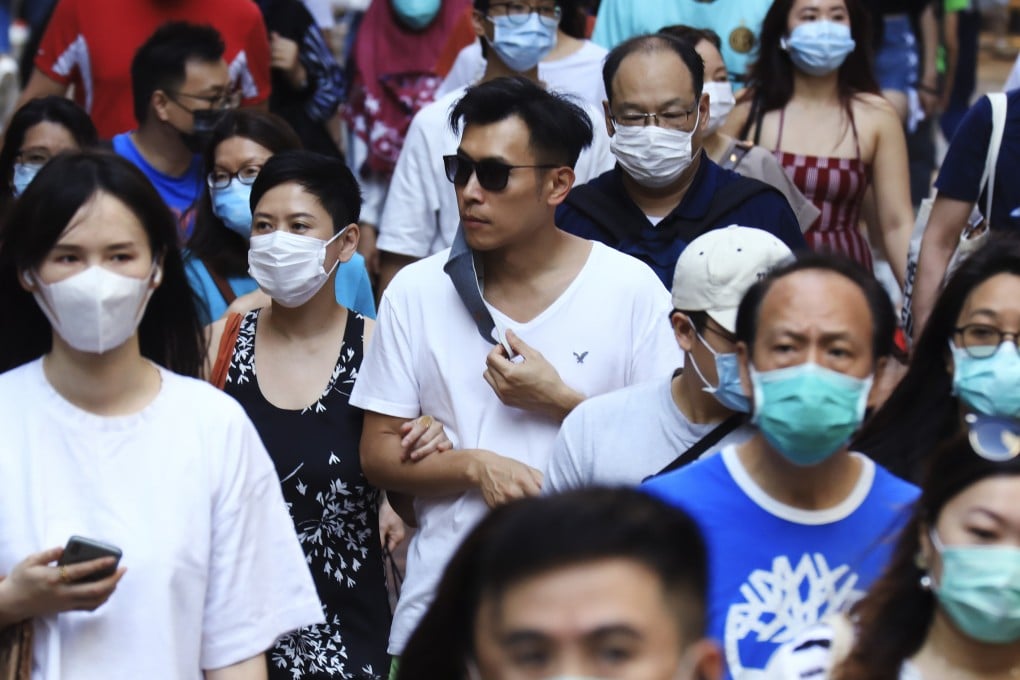Coronavirus: Hong Kong considers easing public-gathering limits to allow groups of 12 people and when to reopen some sports facilities, sources say
- Rule could be eased as early as the end of this week, according to sources, with existing measure limiting gatherings to eight people set to expire on Thursday
- Employment agency union raises fears over the arrival of as many as 10,000 domestic helpers from Southeast Asia in the coming months

Sports fans were also set for a boost as the Leisure and Cultural Services Department (LCSD) would soon decide on a reopening date for its outdoor facilities that would include soccer pitches and basketball and tennis courts, another government source said.
However, the Food and Health Bureau had yet to make a final decision on the public-gathering limits after meeting public health experts who suggested easing the rule, they added.

02:17
Beijing district in ‘wartime emergency mode’ after spike in local Covid-19 cases
Existing measures, which limit public gatherings to eight people, are set to expire on Thursday.
That came as fears were raised over the arrival of as many as 10,000 domestic helpers from Southeast Asia in coming months.
Secretary for Food and Health Professor Sophia Chan Siu-chee earlier on Sunday said she would look at slowly easing public-gathering restrictions if the Covid-19 picture continued to stabilise locally.